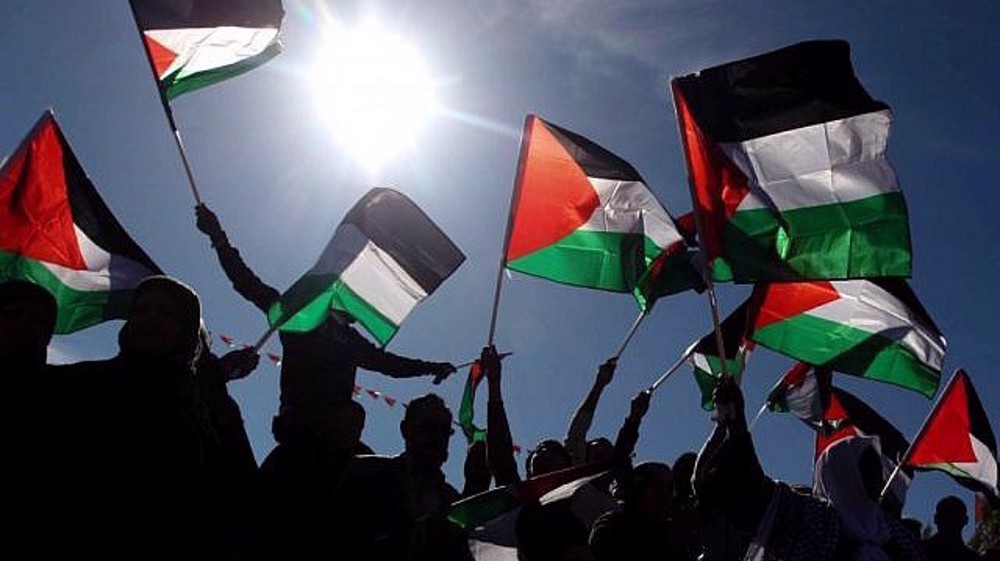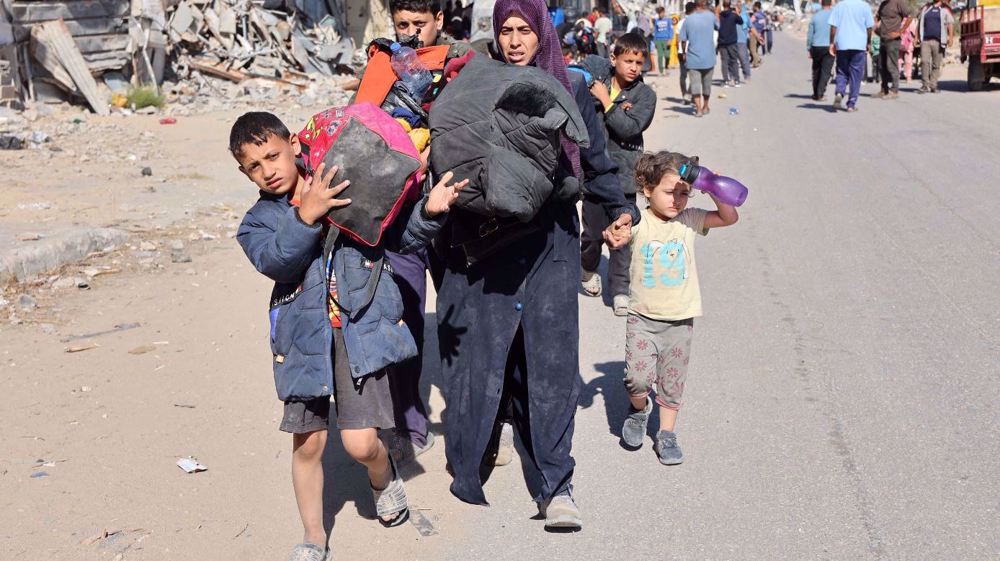6 confirmed dead in week of southern Philippines clashes
According to confirmed official reports, fighting between security forces and militants in southern Philippines has left at least six people dead and 20,000 displaced in a week.
Authorities confirmed on Friday that three soldiers and three militants had been killed in the clashes. However, they said the casualty figure is much higher
Up to 61 militants have been killed, although only three bodies were recovered, according to Colonel Roseller Murillo, the military chief with responsibility for the area.
Murillo and authorities said they had had no solid proof to verify the other 58 deaths, adding that they merely relied on intelligence reports.
"There was attack and counter-attack, sniping and counter-sniping, and artillery fire," military spokesman Colonel Noel Detoyato said, describing the fighting that began on Saturday with an attack on a military post.
The military added that the militant group's outpost, a concrete building on the outskirts of a remote town in a mountainous region of Mindanao island, had been overrun on Thursday night following helicopter gunship attacks.
However, a correspondent reporting from the area said clashes between the two sides continued on Friday.
The reporter added that a two-storey house was in ruins and many others were riddled with bullets.
The fighting took place in and around the small town of Butig forcing more than 20,000 local residents flee their homes.
Butig is surrounded by heavily forested mountains.

Sources said the group involved in this week's clashes with the military was led by followers of Indonesian militant Ustadz Sanusi, a member of the so-called Jemaah Islamiyah who was killed in the southern Philippines in 2012.
Jemaah Islamiyah militant group has long had a presence in the restive southern Philippines.
Militancy has raged on for more than four decades in southern Philippines, leaving more than 120,000 people dead.
Efforts to secure a peace deal with the largest militant group, the Moro Islamic Liberation Front (MILF), recently collapsed after congress failed to pass a law that would have created an autonomous region in Mindanao.
The collapse of the previous peace process in 2008 led MILF militants to launch attacks on targeted villages in Mindanao, which killed more than 400 people and displaced 600,000.
This week's fighting took place in a region bordering a stronghold of a powerful MILF commander.
But military officials said MILF did not take part in this week's clashes.
MILF leaders have warned in recent weeks that the collapse of the peace deal could embolden hardline militants who want to resume a violent separatist uprising.
Security analysts have also warned some militants in the Philippines may want to follow the more extreme violent tactics of the Daesh Takfiri group fighting in Syria and Iraq.
UNRWA warns of humanitarian collapse in Gaza
'Hello my enemies': Lebanese journalist on Israeli threats and his resolve to continue
Outrage in France as MP proposes bill to ban criticism of Israel
VIDEO | The strategy of Hezbollah in war
Israeli military withdraws several brigades from southern Lebanon: Report
48-year-old Palestinian man serving 48 life terms completes 22 years in Israeli jails
From MKO to Tondar, how Germany became safe haven for anti-Iran terror groups
Hamas open to any proposal aiming to end Gaza war: Hamdan













 This makes it easy to access the Press TV website
This makes it easy to access the Press TV website